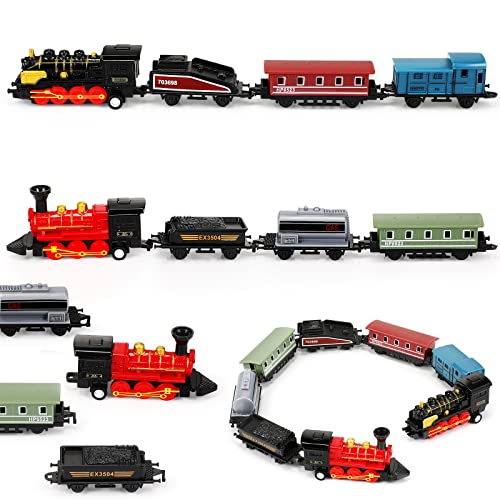crescent-zephyr
Engineer
- Joined
- Oct 21, 2015
- Messages
- 4,813
To those who have ridden, do the SCA’s usually offer to bring you the food? Or are they simply taking your order and telling you to get the food unless you request it?
Has anyone had an SCA who didn’t take the order even? Just wondering how disfferent crews are handling it.
Has anyone had an SCA who didn’t take the order even? Just wondering how disfferent crews are handling it.






















































